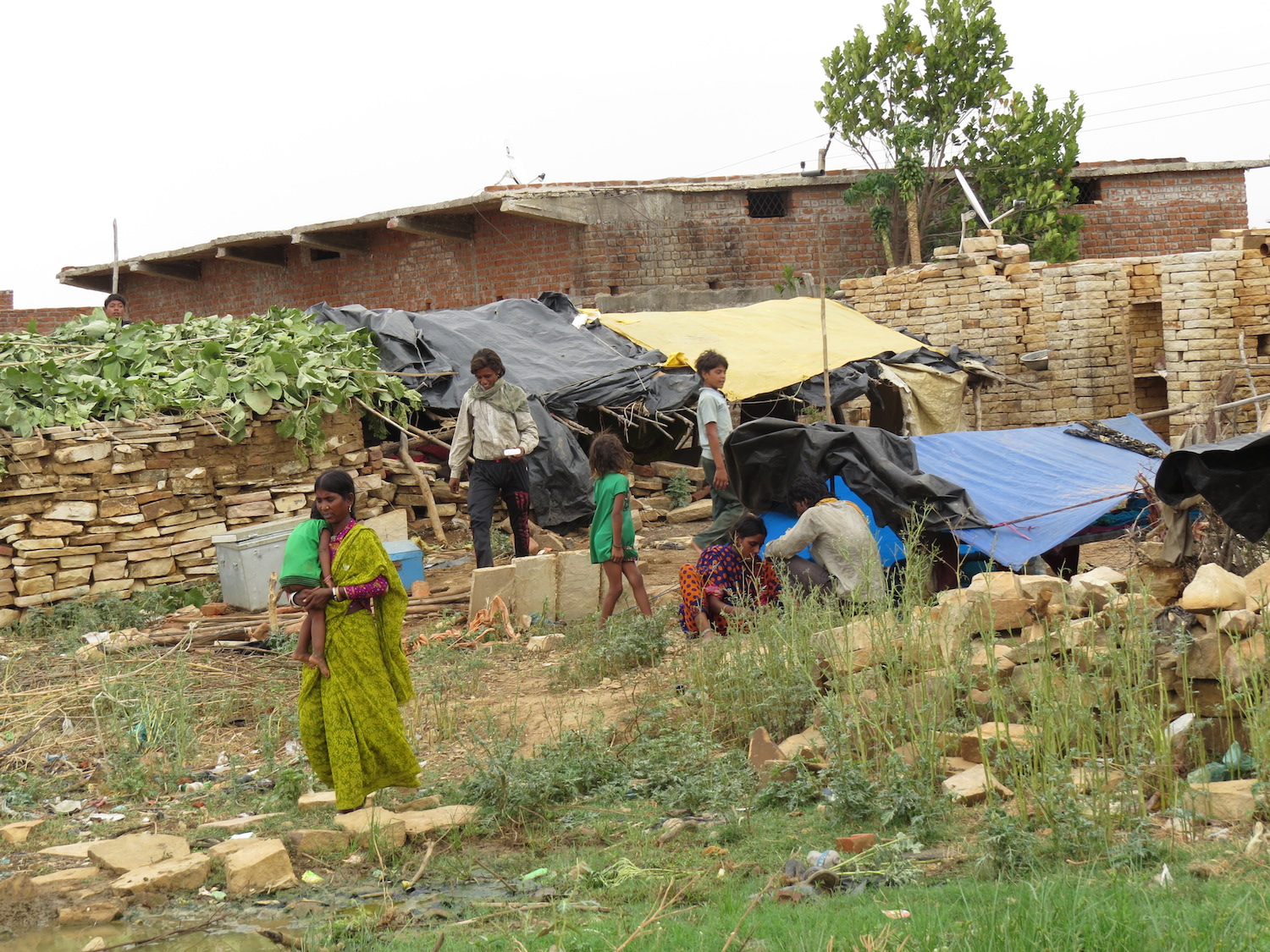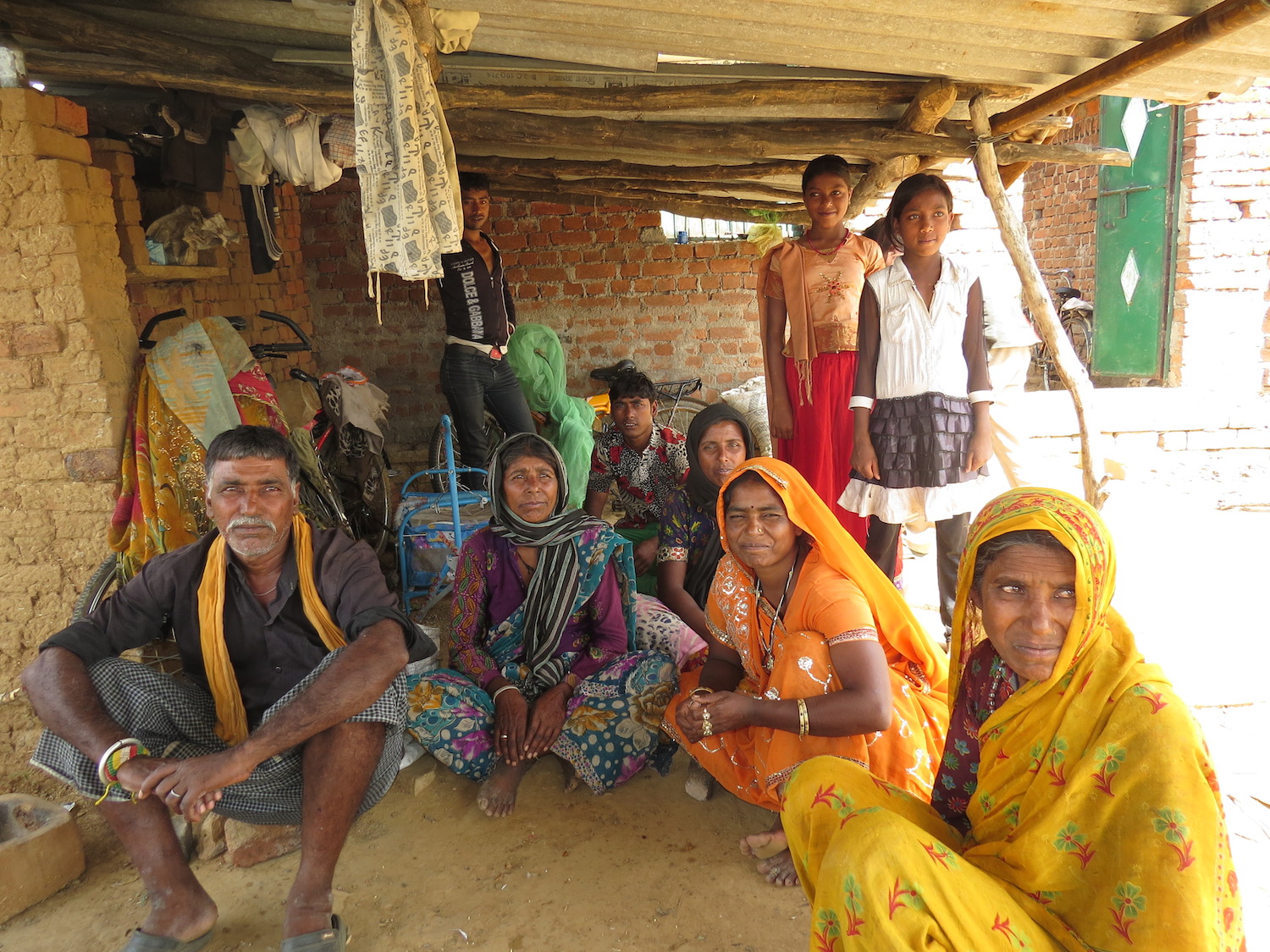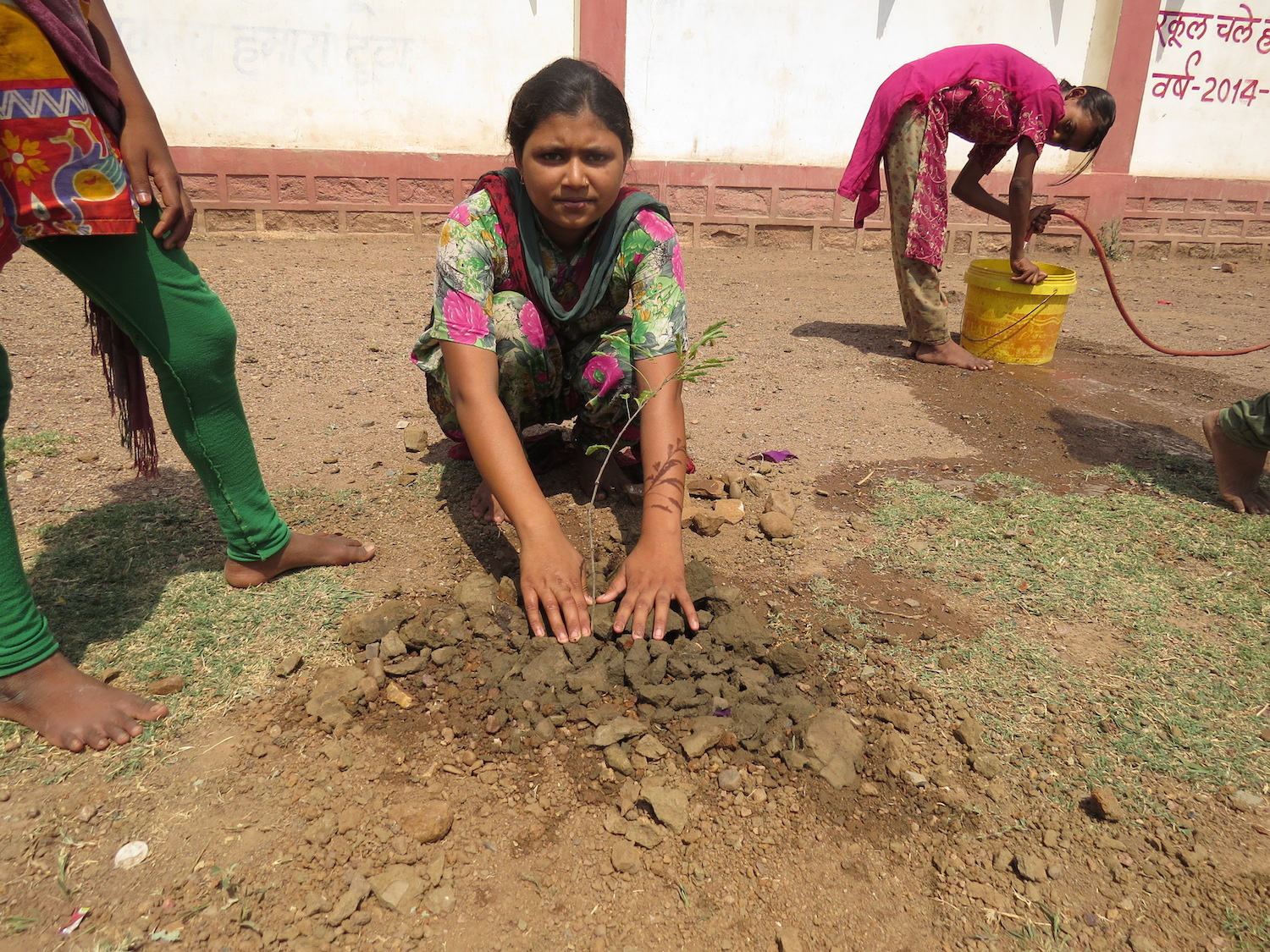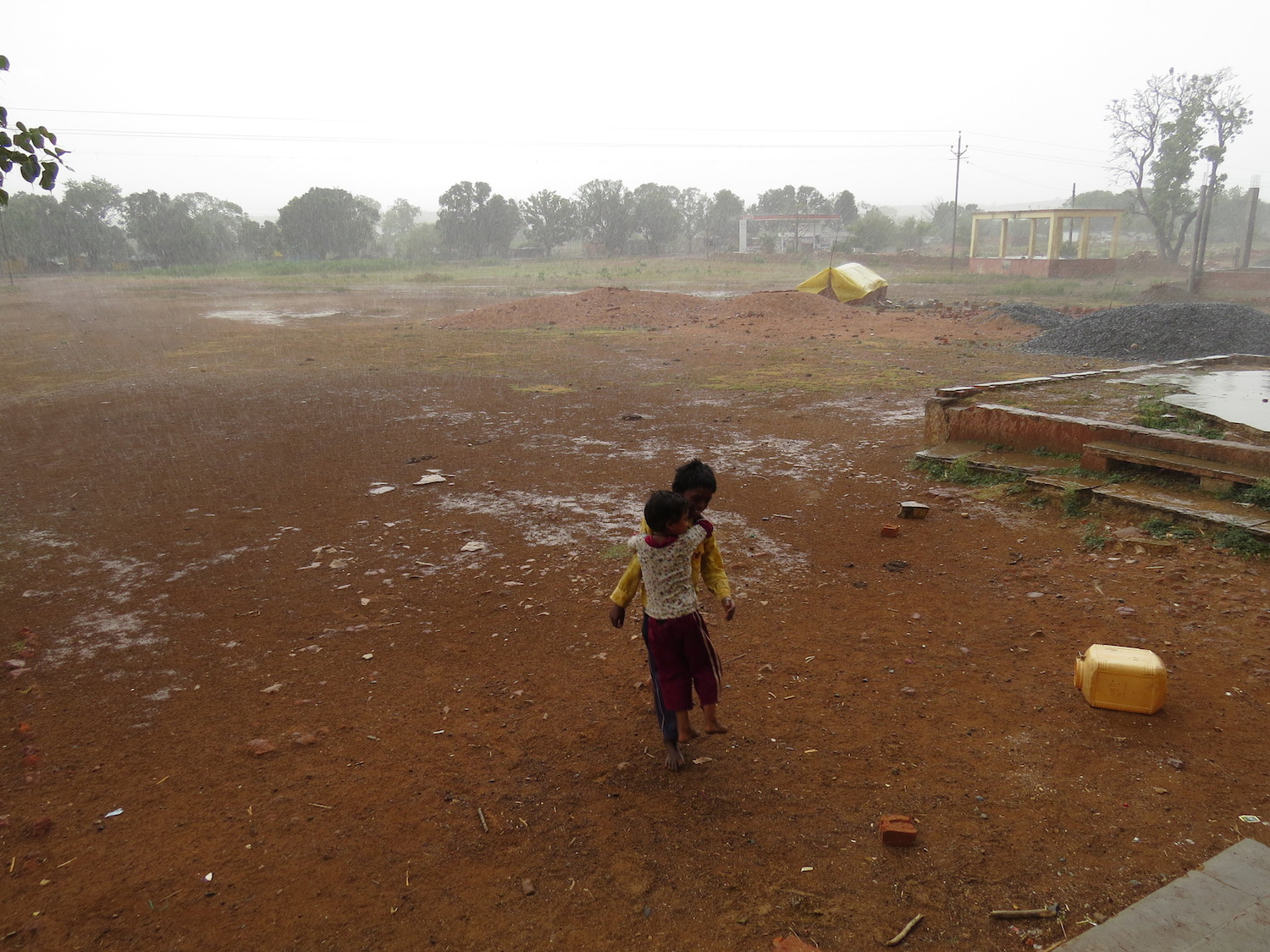Once valued assistants to India's royals on shikar, the Pardhis were driven to the fringes of society when hunting was made illegal. Pardhis were declared a criminal tribe under British colonial rule. After the British left and the Criminal Tribes Act lapsed, the Pardhis became a Denotified Tribe but were still stuck in a vicious cycle of crime and suspicion.
The dice have always been loaded against the tribe's children. They grow up being viewed as potential criminals and are offered little opportunity to study or work, leaving them to continue as their parents did – depending on the forests and often resorting to poaching to survive.
International wildlife trafficking rings rely on Pardhis’ skill at hunting the big cats and delivering tiger skin, meat and bones for sale outside India. On the flipside, Pardhis who have tried giving up hunting have found it hard to integrate into society. Because of lack of opportunity and income, they are forced into other petty crime.
A Pardhi settlement near Panna Tiger Reserve, Madhya Pradesh
A Pardhi family at Gandhigram village, Madhya Pradesh
Pardhi children travel with their nomadic parents, moving from forest to forest in search of a livelihood. This means that most of them don’t attend school. A 2012 study done by the Tata Institute of Social Sciences in Mumbai found that 61% of Pardhi children were never enrolled in school.
India’s wildlife community has long recognised that saving the country’s animals has to go hand-in-hand with rehabilitating the Pardhis. The management of the Panna Tiger Reserve, for example, runs hostels for Pardhi girls and boys studying up to class VIII. Unfortunately, after that, the children are sent back to their parents.
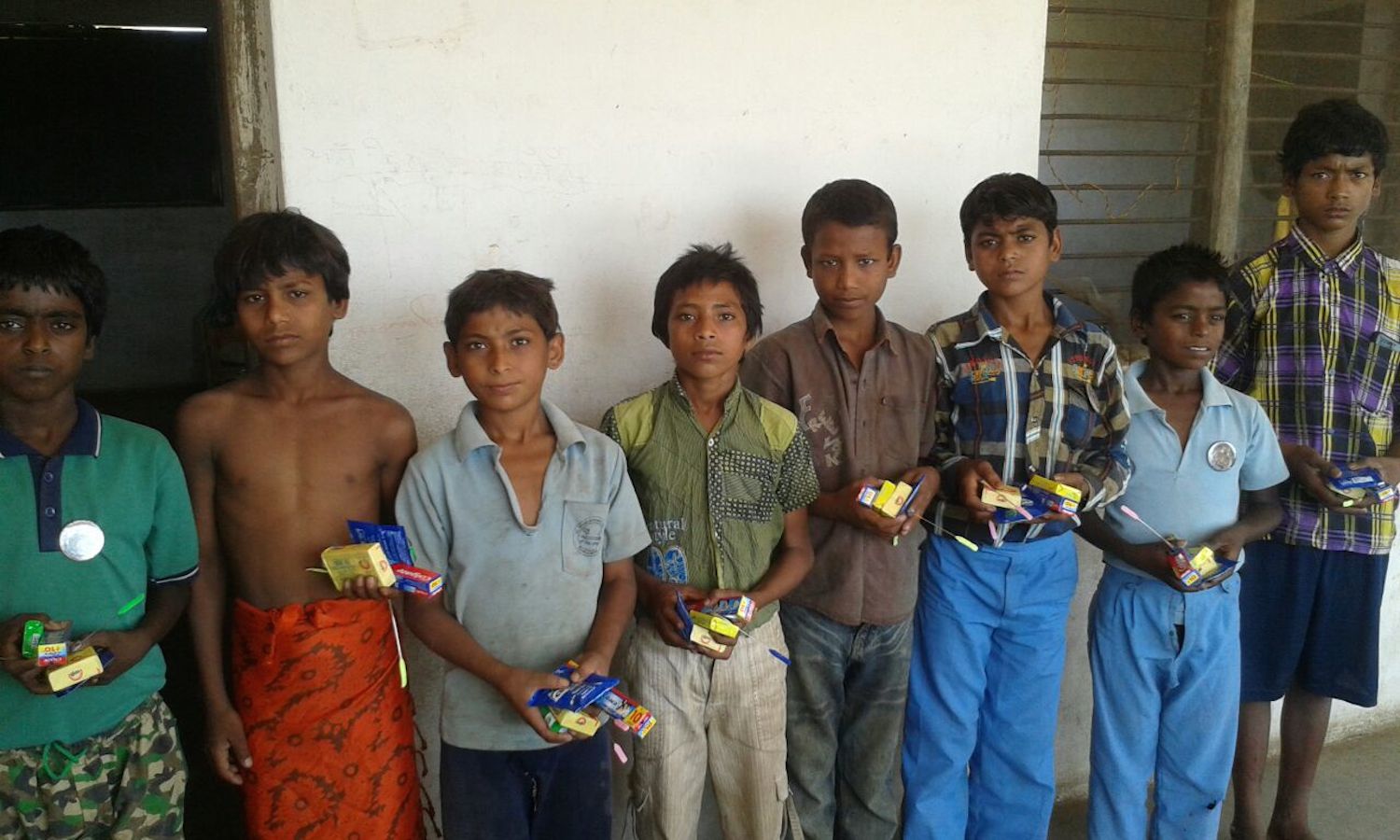
Toiletries being distributed at the Pardhi boys hostel run by Panna Tiger Reserve management
To help these children break out of the cycle of poverty and crime, Mumbai-based non-profit group The Last Wilderness has started vocational training courses for them. At their workshop called Unnati, conducted from May 1 to June 14 , the foundation taught sewing and electric work, yoga and kabbadi, and conducted tree-planting drives. The foundation shared pictures from this training workshop with Scroll.in.
Sewing lessons for the girls
Boys learning electrical work
Learning about India with map-based games
Kabaddi training for boys and girls
Yoga training: serious work
An 'each one, plant one' tree-planting drive
Pardhi children enjoying the first rain of the monsoon in Panna
All photos courtesy The Last Wilderness.













